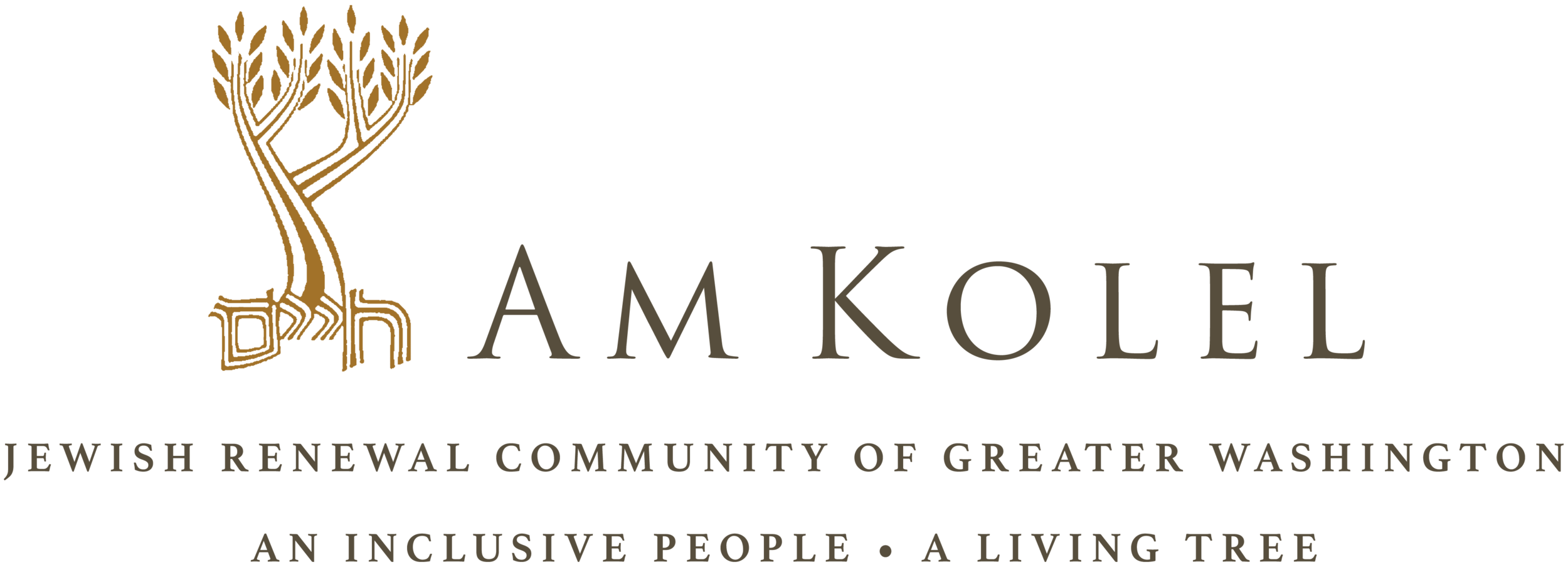We note in the Mishna, some 2000 years ago, how Rabbi Gamliel and his colleagues gave structure to the Seder.
We note in the Mishna, some 2000 years ago, how Rabbi Gamliel and his colleagues gave structure to the Seder. In fact, the traditional Haggadah from the early Middle Ages opens with several sages planning the revolt against Rome.
The purpose of the Seder was to recount our own liberation from bondage under Egyptian rule and to provide us with a study guide as to how to address injustices and human rights abuses in our own time.
In the traditional Haggadah we read:
In every generation a person must regard himself as though he personally had gone out of Egypt, as it is said: “And you shall tell your child in that day, saying: 'It is because of what the God did for me when I came forth out of Egypt…”
In the past weeks and months we have witnessed hundreds of thousands of Israelis and increasing numbers of American Jews standing up for democratic values and institutions in Israel. How can we not bring this movement into our Seder this Pesach?
Rabbi Nelly Altenburger in Sefaria, asks:
Where is your Egypt?
Where is Egypt today?
She teaches that the “middle matza represents this world - or our present moment, and the other two our past and our future. The moment is broken, but we can't end the seder if we don't bring the broken piece back, symbolically reminding ourselves of redemption, both personal and communal, both communal and human.”
A critical question for us today is how we repair the brokenness in the world. When we reunite the afikomen with the other half how are we participating in healing ourselves and others? This discussion is necessary for redemption.
This past Saturday night I witnessed an Israeli and a Palestinian perform there own life journey from hatred and fear into reconciliation and love. The duo, Dugri, has a path and a message for us all.
Last week I attended a webinar by two of the founders of Smol Emuni, a new movement of young Orthodox Jews fighting for a democratic Israel and prophetic values alongside secular Israelis.
All this is good. Regretfully, the conversation about Palestinian human rights has not been in the forefront of the democratic movement among progressive Zionist organizations and mainstream Jewish organizations.
When we open the door for Elijah and, now, Miriam, we must understand that we are also committing to work with others in our world who are not free. We are Eliyahu. We are Miriam. How can we fight for our own freedom and not fight for the freedom of others? When we left Mitzrayim we were a mixed multitude. So are we today.
Of course, at our Seders, we must call out all the plagues afflicting our own society and and our consciousness.
We can be part of the new freedom movement - not to despair - You know what to do.
"May we hear the voice of the turtle dove throughout the land…"(Song of Songs)
Chag Pesach Sameach!
Reb David
